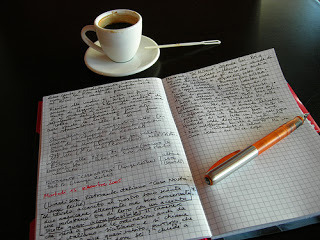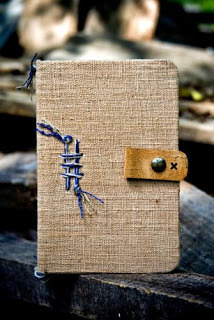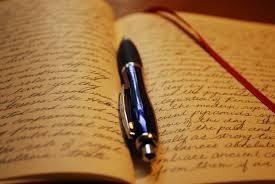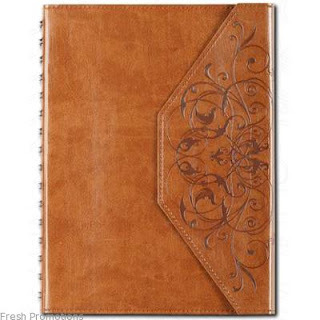
I have kept journals for many decades. Even before my creative writing professors encouraged me to keep them, I kept writer’s journals after reading that writers I respected, such as Virginia Woolf and Madeleine L’Engle, had kept writer’s journals. I have stacks and stacks of them, and periodically I wade through years of them, reading and mining for ideas and memories.You will notice I did not say I’ve kept diaries. A diary is an account of your day-to-day activities. A writer’s journal is the artist’s sketchbook of a writer. It holds the raw material, the thinking on paper, that goes into learning how to write better and into creating minor and major projects.

A writer’s journal may have accounts of daily activities in it, along with discussions of current events, descriptions of the striking woman seen at the coffee shop, the idea for a new novel, the first few paragraphs of a short story, lines or whole stanzas of a poem, descriptions of the sound water makes dripping from trees into a fountain at the park, pages of location or historical research, a scary near-miss turned by what-if into the germ of a story or novel, lists of words I love, scenes recaptured from my childhood or other past moments, and much, much more. Writing exercises. Lists of possible titles. The initial sketches of characters. Accounts of dreams. Rants and complaints and a good bit of whining, as well.
Now, I also keep computer journals as I write each novel. This is where I go deeper into character, work out plotting difficulties, set myself goals for the next chapter or section of the book, and keep track of things that impinge on the writing of the book. Older versions of this are what I turn to when I need to find out how long I think it will take me to complete some phase of the new book. Also, it’s where I look for encouragement when going through tough times on a book. I almost always find I’ve made it through something similar before. I keep my journals in bound books between novels and in addition to the novel journals kept on the computer.

Add captionI can’t tell you how many times I’ve found ideas or characters or settings for stories, poems, and books while going back through these journals—or found ideas that connect with other ideas I have to complete the concept for a novel or poem. Also, as I look through them, I can see on the page how my writing has improved over the years. I consider these journals necessities for my continuing growth as a writer. Just as a musician continues practicing the scales and more ambitious exercises daily, just as a painter continues sketching constantly, I keep opening my journal and writing down a description or an idea or a question I’m wrestling with or a character I’m exploring. Madeleine L’Engle called her journal work her “five-finger exercises.”
I often tell young students to keep journals, even if they don’t want to become writers. I believe it will help them navigate the fraught waters of adolescence. I know it helped me come to terms with a damaging, abusive childhood and write my way out of the anger, pain, fear, and shame it engendered in me. I’ve used journaling as an effective therapeutic technique with incarcerated youth, and I believe it’s something anyone can do to help them work their way through emotional pain and problems.

I have plain spiral notebooks, composition books, three-ring binders, and an assortment of bound books of many sizes and appearances. I have heard some people say they could never write in a really beautiful bound book because it would intimidate them, but I write even in the gorgeous handmade ones friends and family give me as luscious gifts. The act of writing is what keeps me from becoming too intimidated to write.
If you’re a writer, do you keep journals? In notebooks or on the computer or both? And if you’re not a writer, have you used a journal before to work through thorny issues?
 newest »
newest »
 newest »
newest »
 Amazing blog entry Linda! I keep various forms of "journals", from computer programs like Evernote to scraps of paper, doodle sketch books filled with notes and doodles alike, to audio recordings to myself. I often wonder what people 100s of years from know will take from our ponderings?
Amazing blog entry Linda! I keep various forms of "journals", from computer programs like Evernote to scraps of paper, doodle sketch books filled with notes and doodles alike, to audio recordings to myself. I often wonder what people 100s of years from know will take from our ponderings?
 Stacy wrote: "Amazing blog entry Linda! I keep various forms of "journals", from computer programs like Evernote to scraps of paper, doodle sketch books filled with notes and doodles alike, to audio recordings ..."
Stacy wrote: "Amazing blog entry Linda! I keep various forms of "journals", from computer programs like Evernote to scraps of paper, doodle sketch books filled with notes and doodles alike, to audio recordings ..."






